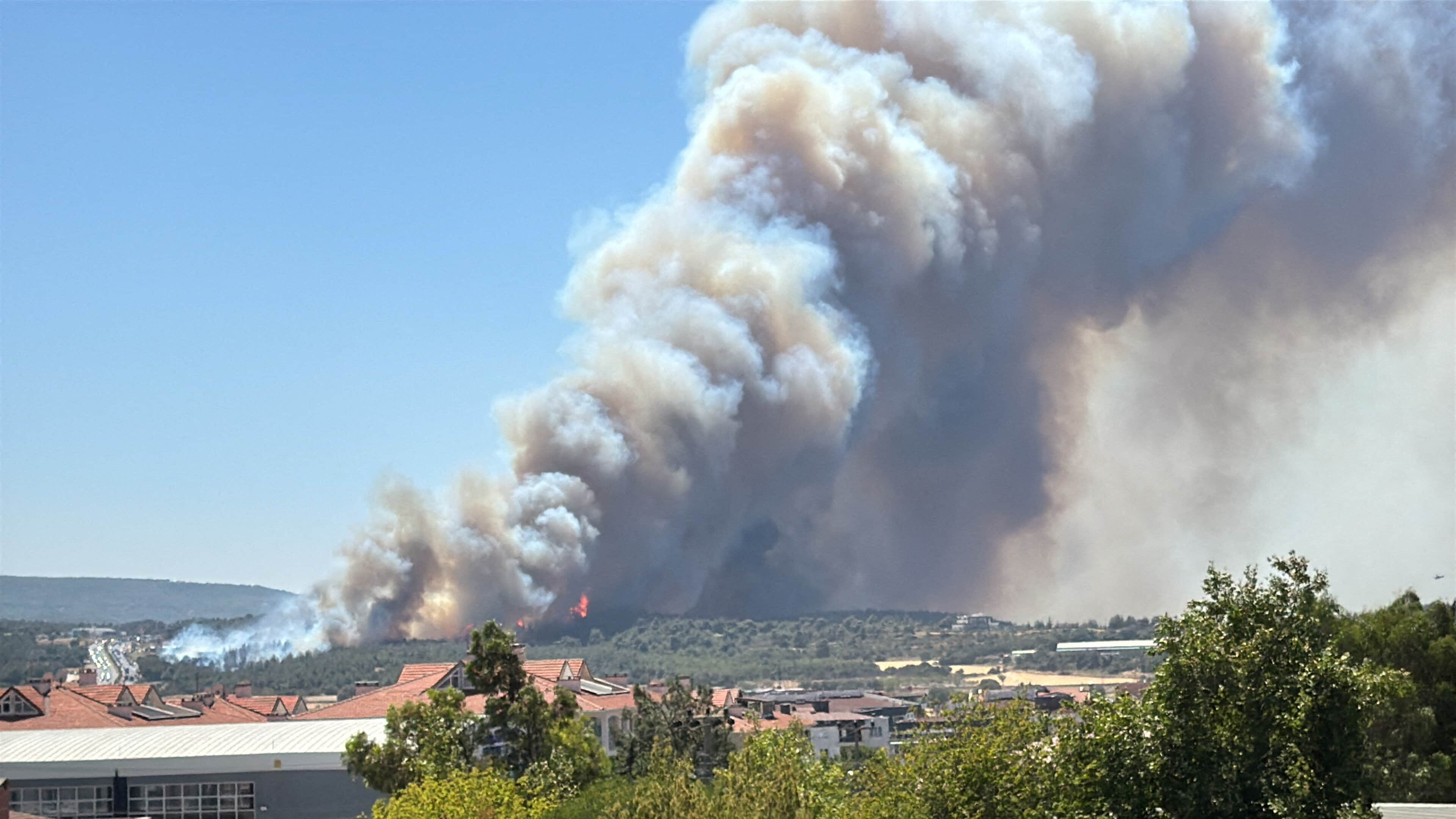Why we must not return to business as usual

The vaccine rollout signals an end to the pandemic. Image: REUTERS/Johanna Geron
- One of COVID-19’s lasting legacies could be a radical shift in the world’s expectations of capitalism.
- Many organizations chose to adjust their businesses in response to the needs of wider society.
- The old ways of looking at business could easily creep back in.
This year’s Davos Agenda centres on the urgent task of rebuilding trust to deliver a more inclusive, cohesive and sustainable future. But with the inspiring global vaccine effort signalling an end to the pandemic, is there a danger that we – as a global business community – could revert to business as usual?
A year ago, the Forum’s Annual Meeting in Davos aimed “to give concrete meaning to stakeholder capitalism”. In the 12 months since, the boardroom has certainly made progress. Not only is it virtual, the conversations are different. We are no longer focussed on growth; we’re talking about making sure that we collectively rebound, rebuild effectively and become more resilient.
Throughout our conversations, one thing has remained consistent: working together is an imperative, especially where the rollout of vaccines is concerned.
This thinking has reaffirmed my belief that one of COVID-19’s lasting legacies could be a radical shift in the world’s expectations of capitalism, where organizations will not only need to, but will be expected to, rethink their role and purpose.
The greater good
In the 18th century, the Scottish economist and philosopher Adam Smith, regarded as the founding father of modern capitalism, espoused the moral argument that businesses and entrepreneurs owed a duty of care to their workers, their customers, and to wider society.
The modern concept of stakeholder capitalism is similar. It suggests that, as well as focussing on shareholders, companies should consider how they impact the world around them, including the environment, society at large and their business ecosystem.
In the words of the founder of the World Economic Forum, Klaus Schwab: ”What kind of capitalism do we want? This may very well be the defining question of our era. If we want to sustain our economic system for future generations, we must answer it correctly.”
Reinventing businesses
Last year showed how businesses could adapt for the common good. Many organizations chose to reconsider their purpose and adjust their businesses in response to the needs of wider society, even at the expense of company profits.
Microsoft, LinkedIn and GitHub have stepped up, making available free digital skills training to millions of people globally, aimed particularly at those hit hard by job losses. And by autumn 2020, following a rapid retrofitting of their factories, carmakers GM and Ford had delivered 80,000 ventilators to the US government.
Supermarkets all over the world adjusted, and readjusted, their opening times for key sector workers, the vulnerable and the elderly – and are likely to continue to do so.
At Majid al Futtaim, we quickly redeployed more than 1,000 people from our cinema business to our online grocery business to ensure there was no disruption to orders during lockdown.
And we, like many other firms, continue to roll out new initiatives to benefit our employees and partners in other areas like mental health or financial support, such as rent relief measures for tenants in our shopping malls.
The vaccine test
The safe, effective distribution of a vaccine is the next big challenge we all face, and we will need to build on the creative and agile mindset that was developed during the first wave of the pandemic.
The decision of the Oxford University AstraZeneca vaccine team to make their treatment available to developing countries at cost price, and in perpetuity, is surely stakeholder capitalism in action.
But other businesses have a role to play, too.
As McKinsey puts it, while the efforts of the scientific community have brought the vaccine closer, “the baton now passes from the scientific community to a new collaborative effort, led by government and policymakers, healthcare professionals, the private sector, and other community groups”.
This is because the rollout challenge is multi-faceted: from procurement and planning; to logistics and warehousing; from funding concerns to population-scale communication. While much of this is the business of government, governments need businesses to play their part.
As research by the World Economic Forum has shown, vaccine confidence is not to be taken for granted, with many individuals sceptical about treatments. At the same time, a recent Edelman report on brand trust amid the coronavirus pandemic has shown how 80% of people want brands to “solve society’s problems”. Now is the time for businesses to leverage their hard-won trust to speak to those hard-to-reach groups, as well as lending logistical support wherever possible.
What is the World Economic Forum doing to manage emerging risks from COVID-19?
An alliance for the future
It is my belief that we must face a global problem with a global response, where companies combine their resources for the greater good – think of it as the Marshall Plan for business, only several multiples larger.
We are all joined together by our humanity, by our need for reassurance, security and our desire for positivity. But the advance of stakeholder capitalism is not a foregone conclusion; while 2020 has shaken the kaleidoscope, the old ways of looking at business could easily creep back in.
No one can say with certainty how the next chapter in the battle against COVID-19 will unfold; less so what its lasting legacy will be. However, I absolutely believe that the choices we make today will redefine the face of capitalism for generations to come. Let’s ensure those choices remain the right ones.
Don't miss any update on this topic
Create a free account and access your personalized content collection with our latest publications and analyses.
License and Republishing
World Economic Forum articles may be republished in accordance with the Creative Commons Attribution-NonCommercial-NoDerivatives 4.0 International Public License, and in accordance with our Terms of Use.
The views expressed in this article are those of the author alone and not the World Economic Forum.
Stay up to date:
Vaccination
Related topics:
Forum Stories newsletter
Bringing you weekly curated insights and analysis on the global issues that matter.
More on Stakeholder CapitalismSee all
Pedro Leitao
November 5, 2025








